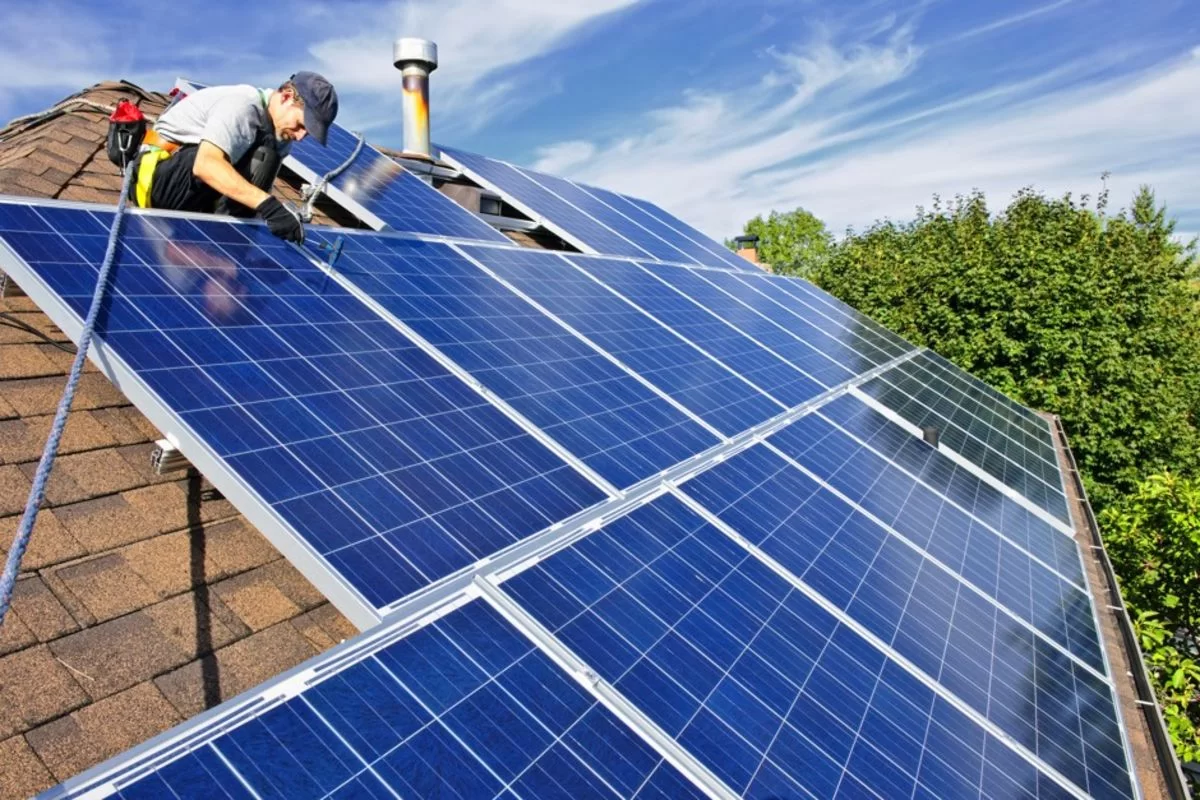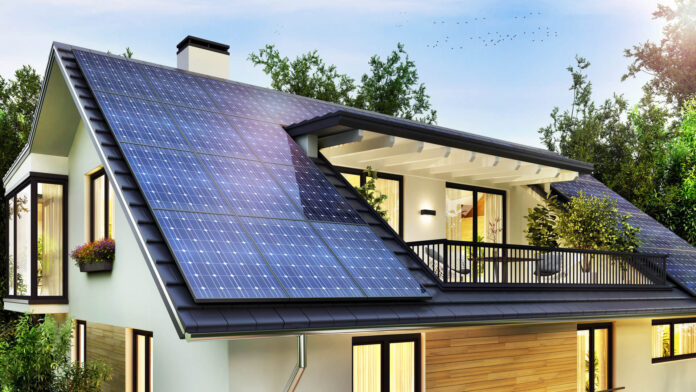In recent years, there has been a growing interest in home solar systems as people seek cleaner and more sustainable energy alternatives. With advancements in technology and decreasing costs, solar power has become an accessible option for homeowners looking to reduce their carbon footprint and save on energy bills. In this article, we’ll explore the basics of home solar systems, their components, benefits, and factors to consider when planning to install one.
Contents
What is a Home Solar System?
A home solar system, also known as a residential photovoltaic (PV) system, is a setup that generates electricity from sunlight using solar panel installed on the roof or in the vicinity of a residential property. These systems typically consist of solar panels, inverters, mounting racks, and sometimes battery storage for energy storage.

Components of a Home Solar System
Solar Panels
These are the most recognizable components of a home solar system. Solar panels, made of photovoltaic cells, capture sunlight and convert it into electricity through the photovoltaic effect.
Inverter
The electricity generated by solar panels is direct current (DC), but most household appliances use alternating current (AC). Inverters convert DC electricity into AC electricity, making it usable for powering home appliances.
Mounting Racks
Solar panels need to be securely mounted on the roof or on the ground in a location that receives maximum sunlight exposure. Mounting racks provide the necessary support and ensure proper alignment for optimal efficiency.
Battery Storage (Optional)
Some homeowners choose to incorporate battery storage systems into their solar setups. These batteries store excess energy generated during the day for use during periods of low sunlight or at night when the panels are not producing electricity.
Benefits of Home Solar Systems
Cost Savings
By generating your own electricity from sunlight, you can significantly reduce your dependence on grid-supplied power, leading to lower electricity bills over time. we will delve into the world of smart solar savings and explore how it can transform not only your energy consumption but also your financial landscape.
Environmental Impact
Solar energy is a clean and renewable energy source that produces no greenhouse gas emissions or air pollutants, helping to combat climate change and reduce environmental impact.
Energy Independence
With a home solar system and battery storage, homeowners can achieve a greater level of energy independence, reducing their reliance on centralized power grids and mitigating the impact of power outages.
Long-Term Investment
Installing a home solar system is an investment in the future. Not only does it increase the value of your property, but it also offers long-term savings on energy costs, providing a solid return on investment over time.
Factors to Consider
Sunlight Exposure
The effectiveness of a home solar system depends on the amount of sunlight your property receives. Ideally, solar panels should be installed in an area with maximum sun exposure throughout the day.
Roof Suitability
Assess the condition, angle, and orientation of your roof to determine if it’s suitable for solar panel installation. Factors such as roof material, age, and structural integrity should also be considered.
Budget and Financing Options
While the cost of solar panels has decreased significantly in recent years, installing a home solar system is still a significant investment. Explore financing options, incentives, and rebates available in your area to make it more affordable.
Regulatory and Permitting Requirements
Before installing a home solar system, familiarize yourself with local regulations, zoning laws, and permit requirements governing solar installations in your area. Compliance with these regulations is essential to avoid any legal issues.
Conclusion
Home solar systems offer a sustainable and cost-effective solution for homeowners looking to reduce their carbon footprint and save on energy costs. By understanding the components, benefits, and considerations involved, you can make an informed decision about whether solar power is the right choice for your home. With the increasing availability of solar technology and supportive policies, solar solutions are becoming more accessible to every homeowner, paving the way for a greener and more energy-efficient future.



